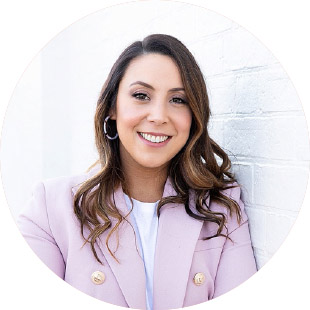LOUISE GILBERT
Founder & Director

MAKE WORK WORK FOR YOU – NEW BOOK AVAILABLE NOW FOR PRE-ORDER

Last year, I was invited to speak at a conference. So many people wanted to attend my session that they had to move it from a big auditorium to a café.
Good news: the café could fit over 300 people.
Bad news: the sound was terrible, and there was no microphone. It was hard to get everyone’s attention with all the noise and excitement.
But then something unexpected happened…
A man in the audience put his fingers in his mouth and whistled to get everyone to listen.
Unfortunately, a lady with sensory needs didn’t react well – she covered her ears and screamed, saying she’d have to leave if he whistled again.
That incident, along with my personal experiences with a neurodivergent family member, taught me a lot.
I realised the importance of understanding and supporting different needs in the work I do with leaders and teams.
To accommodate diverse needs in your work, I’d like to share an event invitation email template that consistently receives positive feedback.
Hi All,
As I start to prepare for our <workshop/conference/event/coaching sessions>, I’d like to invite you to share with me any and all accommodations and supports you may require to maximise your level of comfort and performance during the session.
For example, I work with a number of neurodivergent senior leaders who do their best thinking with a fidget spinner in hand, a coaching client who doodles and doesn’t frequently make eye contact.
I have encountered others who need regular opportunities to stand and walk because of their physical needs.
And neurotypical leaders who benefit from being provided with as much information as possible prior to attending workshops as they prefer to do their best thinking alone before entering a group setting.
Of course, please email me to confirm either way or feel free to sms me or call directly. My number is <your mobile>. Of course, this will be a private conversation.
Thank you,
–
Recipients of this email reply with comments such as:
“No one has ever asked me what I need before. It feels great to be able to embrace my quirks and feel normal.”
“Thanks Louise, I need a mixture of standing more than sitting & like some of your neurodiverse senior leaders who do their best thinking with a fidget spinner in hand, that sounds very similar!”
People love being asked about their needs and preferences because it helps them feel comfortable and perform at their best.
It shows our care for everyone, regardless of their differences.
“Do the best you can until you know better. Then, when you know better, do better.”
– Maya Angelou

Founder & Director
